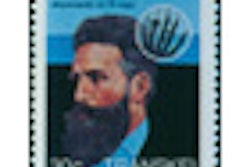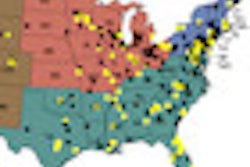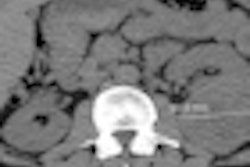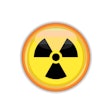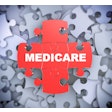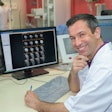Dear AuntMinnie Member,
When whole-body scanning chain Heart Check America went belly-up in May 2011, it left hundreds of customers holding the bag for long-term scanning contracts they had purchased. It now appears that at least some of those individuals will get their money back.
Under a class-action settlement that has received preliminary approval by a Nevada court, Heart Check America customers who financed their scanning packages through Chase Bank will have their debts forgiven. Chase has allocated $4 million for the program, which is expected to cover some 1,500 people.
The settlement brings the Heart Check America case to a conclusion for at least some of the chain's former customers. As we told you in a story last year, Heart Check America used a novel mix of imaging technology and marketing tactics pioneered in the vacation time-share industry to push its 10-year scanning packages on healthy customers.
Learn more about the settlement by clicking here, or visit our Imaging Leaders Digital Community at leaders.auntminnie.com.
Radiology wins Medicare
In light of last week's Supreme Court ruling upholding the Obama administration's healthcare reform legislation, we thought this might be an interesting time to look at the circumstances that led to radiology's inclusion in the Medicare program.
In his latest column, radiology historian Otha Linton describes how radiology at first wasn't sure what to make of the proposal to set up a national program to pay for healthcare services for older Americans. Hospitals were setting the legislative agenda, and radiologists weren't sure how the specialty would fare.
But obviously, radiology was included in the final product -- setting the stage for what has become decades of bureaucratic wrangling on issues such as procedure payment levels and appropriate utilization. Learn more about these early years by clicking here.
Automated peer review
Finally, if you're struggling with how to implement a peer-review program for your radiologists without disrupting their workflow, check out a new article in our Healthcare IT Digital Community.
Researchers from Pennsylvania developed a customized installation of the American College of Radiology's eRadPeer program by integrating it with their PACS network. Their goal was to create a process in which radiologists could easily perform peer review as they read their daily cases.
How well did it work? The researchers were surprised by some of their results. Get the details by clicking here, or go to healthcareit.auntminnie.com.




